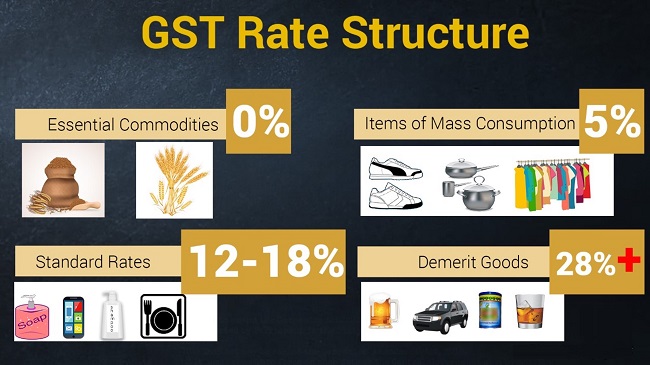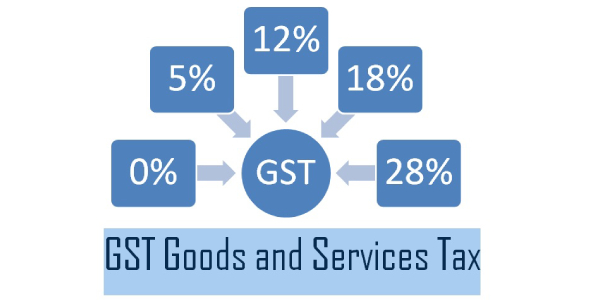India switched to the Goods and Services Taxes (GST) a couple of years ago, replacing all other forms of taxes, bringing in a unified tax structure pan India. GST was designed to make taxation easier for smaller businesses. GST for online businesses is handled slightly different from other businesses. If you are an online seller, you should understand how GST impacts your business.
Online Marketplaces/ Ecommerce Platforms
Thanks to the internet revolution and the rise of smartphones and other digital media, internet selling through online marketplaces has become a significant upward trend in India.
A market place is an e-commerce platform owned by operators providing a medium for third-party online sellers to register and sell on their platforms. The vendors get access to a larger customer base and more visibility to their products, at a subscription fee on their sale value. E-commerce platforms have flourished over the years and have become a significant business segment.
The government understands the growing importance of these online platforms, and since GST rollout, has come up with specific rules for this segment alone.
Get More Info About : Best Online Business Idea
How Does GST Affect Online Businesses?
If you are an online seller who sells from your website, standard GST rules apply for your online business.
But online sellers who sell using one of the online platforms such as Amazon/Flipkart, have a different set of applicable rules. Let us have a look at them now.

Tax Collected At Source (TCS) – The marketplace operator facilitates a sale between the online vendor and the buyer. GST law requires that the operator deducts 2% of the sale value from the seller and deposit the same with the government. The seller can claim this as a deduction when they file their GST. To Know more about GST for different business https://www.business-standard.com/article/news-cm/gst-council-announces-reduced-rates-on-various-services-119092100254_1.html
Ineligible for Composition Scheme – Under the GST regime, a composition scheme was created to assist the small and medium businesses. The scheme aims to reduce the burden of compliance for such firms. Small businesses can file GST every quarter instead of monthly returns, at a nominal rate of up to 2%. However, despite meeting revenue requirements, market place operators are not eligible for this scheme.
Facilitates Inter-State Sales – The older tax system had a host of complicated rules to sell products across states. GST has eased out this process, and vendors can now sell their products within their state and outside. This has increased the growth opportunities for small-time vendors and provides them with a level playing field to compete with big businesses.
GST Registration – Businesses with an annual turnover of less than 20 lakhs are exempted from GST. Earlier, e-commerce sellers were excluded from this rule. With a recent amendment, e-commerce sellers with a yearly turnover of less than 20 Lakhs also need not register for GST.
GST allows better tax reporting and provides more opportunities for growth for online businesses. The system can be intimidating, but it is important to stay current on the different amendments proposed by the government. This helps you to file your returns easily and take advantage of tax credits wherever applicable.



